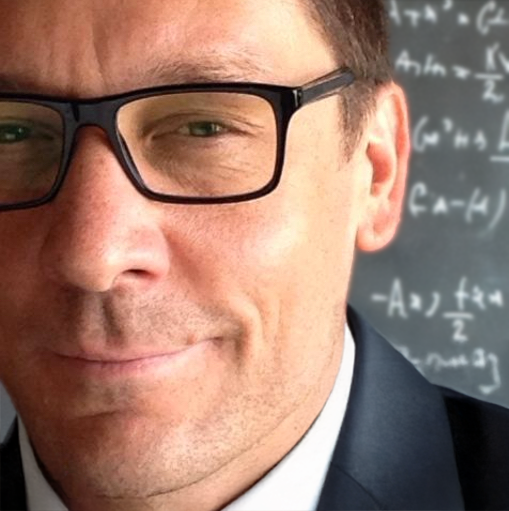Golden Webinars in Astrophysics
I have created this YouTube lecture series to present frontier research in astronomy and cosmology through invited talks by leading scientists, including Nobel, Gruber and Shaw laureates. Since its launch in June 2020, the programme has attracted a global audience of hundreds of thousands, earned commendation from Nature, and hosted eminent speakers such as James Peebles, Didier Queloz and Stephen Wolfram, establishing itself as a distinguished platform for scholarly exchange.
Watch Now
Eclipse Livestreams
Eclipses are mesmerizing phenomena. Our Eclipse Livestreams is a bilingual YouTube series that provides real-time, high-definition coverage of solar and lunar eclipses via mobile telescopes deployed at prime observing sites across South America. Since its 2017 debut, the program has partnered with NASA, ALMA, timeanddate.com and other collaborators, incorporating expert commentary, inclusive sonification and educational resources, and has attracted audiences in the tens of millions worldwide.
Watch Now
Foster Observatory
The Foster Observatory opens the historic 0.93 m Manuel Foster telescope on Cerro San Cristóbal in the heart of Santiago for bilingual weekend open-houses and scheduled night sessions, allowing visitors to experience Chile’s first professional astrophysical observatory and National Monument up close. Reopened to the public in June 2022, the programme welcomes thousands of attendees annually through guided heritage tours and live stargazing events.
Visit Now
